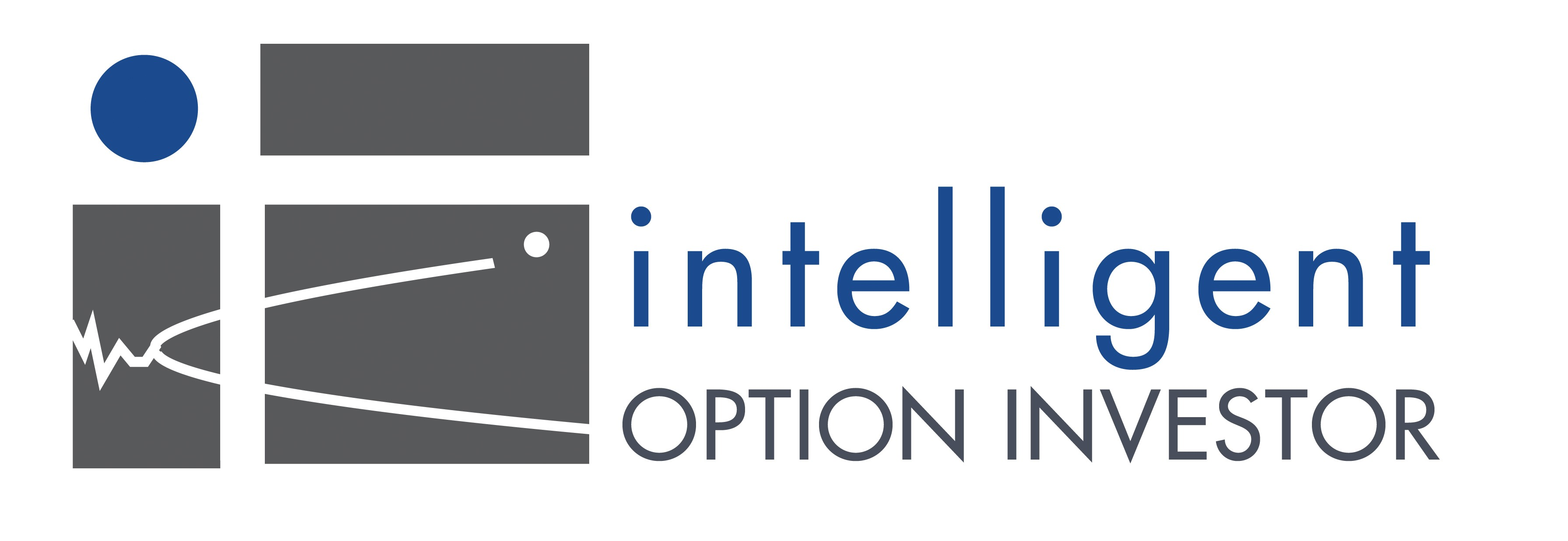Happy Labor Day Weekend, everyone! It has been an interesting week in our world. If you’d have told me a month ago that North Korea could fire a missile over Japan and no one would really react to it beyond some “strong language” and a flyover, well, I’d not have believed you. Our thoughts and prayers are with all those affected by Hurricane Harvey. Thankfully, Erik’s mom, who lives there in Houston, still has a dry home and has spent most of the storm away visiting friends outside the state. The markets experienced some hiccups this week, but by the end of it the march upward had resumed. As we look at publicly traded companies right now, we find more individual shorts than reasons to be long. Take that for what it is worth.
Here is a curated list of important stories outside the main headlines that caught our attention this week.
If America’s Economy Is Winner-Take-All, Why Are Some Smaller Businesses Thriving? (Harvard Business Review). This is a summary of a recently published academic paper looking first at the expansion of “markups” (the price a good or service can be sold for minus the price paid for its inputs) and how that has affected the growth of small business over the same period. This is a fascinating read because one would think those markups would have accrued most to larger firms in a “winner take all” sort of way, but in fact that markup expansion has been more equitable! The paper takes a look at the evolution of our economy in a very different light. Here is the link to the full paper at the NBER.

Eco cityscape around a recycle icon
Getting the Long Term Right (The Economist). This short read in the Economist’s Buttonwood section takes a look how one of our favorite “master investors”, Jeremy Grantham’s GMO, has done with it’s forecasting PROCESS. This is an excellent read because it not only dissects their disciplined approach to investing, but also looks at how that approach has done from the forecasting side. We do not know if GMO always invests exactly according to those forecasts, but this exercise is an excellent way to think carefully about having and executing an investment strategy in practice as well as sticking to it in times of challenge.

The Reasonable Formation of Unreasonable Things (The Collaborative Fund – Morgan Housel). This is a really interesting read on the formation of price bubbles and how investors react to them by Morgan Housel at the Collaborative Fund in NYC. This is a social good investing fund backed by some pretty high net worth folks mostly in tech and retail-tech. At heart, the fund is a collaborative of younger investors / portfolio managers whose job it is to make money. Here Housel talks about the reasonable way in which unreasonably large bubbles form and offers some thought provoking things to think about for investors who are caught in the middle of them – as most of us are at one point or another. Essentially, Housel contends that time horizons of investors shrink “en masse” in bubbles and that this causes prices to rise faster over shorter durations. I have long believed that investor time horizons and the mismatches between those and the investments they are using to deliver returns against them creates material market dislocations. This was an interesting read, indeed.

Amateurs vs. Professionals (Shane Parish – The Farnam Street Blog). Sometimes a short read is just really helpful in terms of setting expectations for oneself. This is one example. In this short post, Parish lists some differences between amateurs and professionals at any sort of task. This is a mindset thing. At Framework, our goal is to develop a community of professional caliber investors. Much of what Parish points out as differences in the mindset between amateurs and professionals generally, can be directly applied to how we look at our investing skill set. For example, Parish observes that amateurs have GOALS, professionals have a PROCESS. This is true in our view. Goals are a point in time thing and can be achieved by means outside our control, but a process is something we own and build for ourselves that we can turn to and improve no matter what our outside circumstances place upon us. This is a challenging piece to read, because, upon reflection, I find myself behaving like an “amateur” much of the time. But, that’s the difference for all of us who are part of the Framework Investing movement, we are willing to see ourselves as we are and work to make things better.

